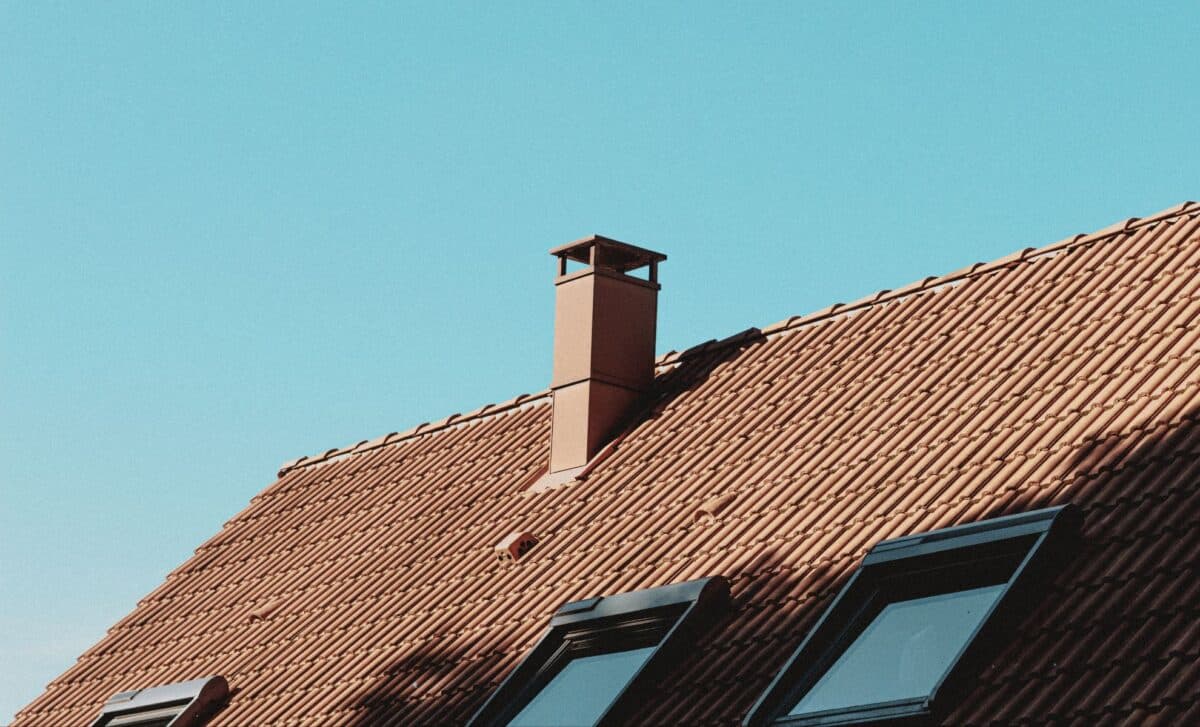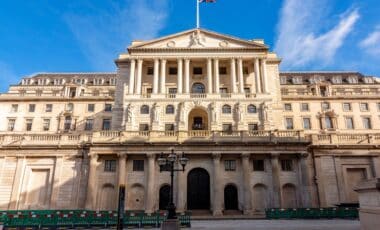As concerns over air pollution grow, stricter regulations on wood-burning stoves and open fires are being enforced across 27 cities and towns in England. Under Smoke Control Areas, households using unauthorised fuels or emitting smoke from their chimneys could face fines ranging from £175 to £300, with penalties reaching up to £1,000 for using prohibited fuels.
With the cost of heating rising, many homeowners have turned to traditional fireplaces and wood-burning stoves to warm their homes. However, not all fuels are permitted, and those who fail to comply with the rules risk facing hefty fines. The Department for Environment, Food & Rural Affairs (Defra) has reinforced its stance on reducing air pollution, emphasising the need for cleaner heating alternatives.
What Are Smoke Control Areas?
Smoke Control Areas are zones where burning certain fuels is restricted to limit the amount of smoke released into the air. These areas, designated by local councils, are primarily found in major cities and towns across England, covering places like London, Birmingham, Manchester, Sheffield, Leeds, and Liverpool.
According to Defra: “Open fires and wood-burning stoves have risen in popularity over recent years.” However, the government stresses that while these heating methods remain popular, their emissions contribute significantly to air pollution, which poses a health risk to millions.
In Smoke Control Areas, households must not emit smoke from a chimney. Defra explains: “A smoke control area is a legally defined area where you cannot emit smoke from a chimney. You can be issued a financial penalty of between £175 to £300 if you break this rule.”
Which Cities Are Affected?
The Smoke Control Area restrictions apply to many of England’s largest cities and towns, including:
- London (all areas except West Ham)
- Birmingham
- Manchester
- Sheffield
- Leeds
- Liverpool
- Newcastle
- Wakefield
- Nottingham
- Derby
- Bristol
- Bath
- Stoke-on-Trent
- Bradford
- Preston
- Leicester
- Norwich
- Peterborough
- Hull
- Doncaster
- Wolverhampton
- Worcester
- Coventry
- Milton Keynes
- Reading
- Portsmouth
- Brighton
If you live in one of these areas, it is essential to check the specific rules in place, as penalties can vary depending on local council enforcement.
What Fuels Are Allowed?
Not all wood or coal products are permitted for burning in Smoke Control Areas. Only authorised fuels or Defra-exempt appliances can be used without risking fines.
Defra states: “You must not buy an unauthorised fuel for use in a smoke control area unless it is to be used in an exempt appliance. You can be fined up to £1,000 if you break this rule.”
Exempt appliances include wood-burning and multi-fuel stoves that have been rigorously tested to ensure low smoke emissions. Defra confirms: “Defra-exempted stoves include wood-burning and multi-fuel stoves. These have been rigorously tested and demonstrate low smoke emissions when used in accordance with the manufacturer’s instructions and with the recommended fuel.”
Homeowners should always check whether their stove is Defra-approved and only burn authorised fuels, such as smokeless coal and kiln-dried wood, to avoid fines.
Why Is This Rule Being Enforced?
The push for stricter smoke regulations is part of a wider effort to combat air pollution, particularly in urban areas where pollution levels are already high. Defra warns: “Smoke from burning causes air pollution which harms the health of millions. We can work together to improve the quality of the air we breathe.”
Studies have shown that domestic wood burning is now a leading source of particulate matter pollution (PM2.5), which can cause respiratory diseases, heart conditions, and other serious health problems. The government hopes that by enforcing stricter regulations, emissions can be significantly reduced, improving air quality and public health.
What Should Homeowners Do?
If you rely on a chimney, wood-burning stove, or open fire, it is crucial to check if you live in a Smoke Control Area and ensure that your appliance and fuel comply with regulations.
Here’s what you can do to stay within the law and avoid fines:
- Check if your area is covered by Smoke Control restrictions – You can do this by visiting the Defra website or checking with your local council.
- Use Defra-approved appliances – Ensure that your stove or burner is certified as a low-emission appliance.
- Burn authorised fuels only – Avoid traditional house coal or wet wood, which produce excessive smoke and are not permitted in these areas.
- Consider alternative heating methods – If possible, switching to cleaner energy sources such as gas or electric heating may be a more efficient and compliant option.
Will the Rules Become Stricter in the Future?
While current penalties range from £175 to £300, with fines up to £1,000 for using unauthorised fuels, it is possible that even stricter measures could be introduced in the coming years. The government is under pressure from environmental groups and public health experts to further tighten restrictions on domestic burning, which may lead to higher fines or additional regulations in the future.
For now, households in 27 cities across England must be aware of these existing rules and take the necessary steps to ensure compliance, avoiding penalties while contributing to cleaner air and improved public health.









